The Editor says “Cut” and in many cases rightly so. In advertising, professional writers must develop copy based on the media they write for. But you don’t have to be a copywriter to write strong copy in the day to day business arena. In verbal communication some words naturally roll off our tongues when we speak. Words that help make our point strong. Often, we don’t talk in full sentences when we speak: we stop, we repeat, we gesture. That’s fine as it all contributes to the delivery of our presentation. However, in silent communication such as writing reports, posts, articles and business communication, less is more for writing stronger and succinctly.
The following are four unnecessary words that will make your writing stronger. Eliminating them for your business writing, will make a definite improvement.
Cut “very” from your writing
Generally, when we want to make our point stronger we tend to add extra words. So, we write: this is “very” important or we have a “very” big problem. Or how about this? One of the “very” first words to cut is very! Here’s a fun exercise taken from one of Mark Twain’s famous quotes: Substitute ‘damn’ every time you’re inclined to write ‘very’; your editor will delete it and the writing will be just as it should be!
Adding the word “very” does not help make your point stronger. It should be cut. Think about it. How much more stronger is “this is important” to “this is very important”? You decide.
Cut “really” from your writing
Really? Do you mean that? Is really, “really” necessary? “Really” is in the same boat as “very” and should be cut. It sucks the power from your words. You are not Ed Sullivan and it is not a really big show. The use of the word really as an adjective is the writer’s lazy way out. There are so many words in the English language to communicate the concept of proportion. Consider this. It was a “really” good meeting or it was a good meeting. Which sounds more professional? If you have to add the word really to the describe the meeting, maybe it really wasn’t that great a meeting!
Cut “just” from your writing
When you write “just” you “just” sound weak. I “just” wanted to follow-up. I’m “just” writing to see… With email and now texting, understandably, our language has become more casual. The word “just” almost feels apologetic. You almost never need the word “just” in order to make your point. It often is redundant and adds nothing to the point you are trying to make.
Cut “thing” from your writing
This is one of my pet peeves. What exactly is a “thing”? When you write ‘thing’ it is not clear what you mean. For example, you write an email to your boss, “following are 3 things that resulted from our meeting”. In this case what does “thing” mean? Are they action items, are they observations, are they deadlines, what exactly are they? Things make the points irrelevant. It doesn’t add any credible to the issues you are detailing. The word “thing” has it’s place in writing, but not to illustrate or to establish a list or issues. Better and clearer to cut the word “thing” and state explicitly what it is that you mean.
Take five… let your writing be a cut above the rest.
As easy as it is to include these four words in your writing, it’s equally (not just) as easy to remove them from your repertoire of writing. Before you press the send button, or make your word document into a PDF for general viewing, take five minutes to review what you have written. Use technology to your advantage and “Find and Replace” to cut these 4 unnecessary words. After that, your writing will be strong.

